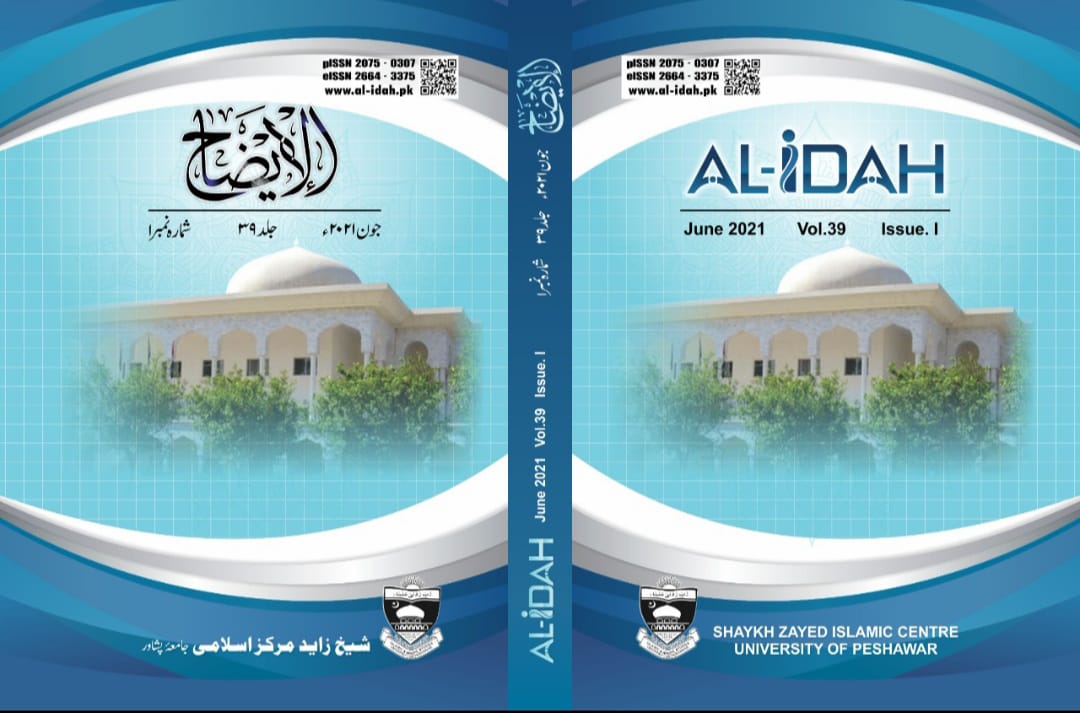History of Jirga Laws in Khyber Pakhtunkhwa - Do Islamic Law and Jirga Laws had the same Historical Jurisprudential Approach?
(A Historical Analysis of Sharīʿah & Jirga Law)
Abstract
Jirga, a historical legal antique has been an informal adjudication of Pakhtūns. In the present research endeavor conventional Jirga and its various facets had been critically examined from Sharī’ah perspective i.e. whether such Jirga and its procedure is based on Islamic law or not. Jarga bears a very close resemblance in terms of structure and procedure with Qad̝ā and Taḥkīm. Jirga has been simple with no binding implementation. Since 18th century and on-wards, Jirga has evolved into an informal institution of dispute resolution. The criterion for Jirga-Mārān, and Qād̝ī or Ḥākim, astonishingly, have been identical. Besides the free consent, justice dispenser (Jarga-Mār/Qād̝ī or Ḥākim) was supposed not be relative or party (himself) in the matter at all. The fuqahā, both classical and contemporary, have discussed the intermediation through Jirga. This study focuses on compliance and non-compliance of Jirga to Qad̝ā.

Copyright (c) 2021 Al-Idah

This work is licensed under a Creative Commons Attribution 4.0 International License.




 This work is licensed under a
This work is licensed under a 